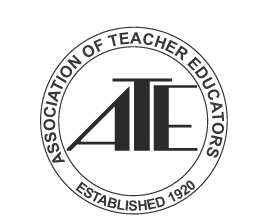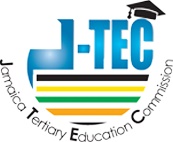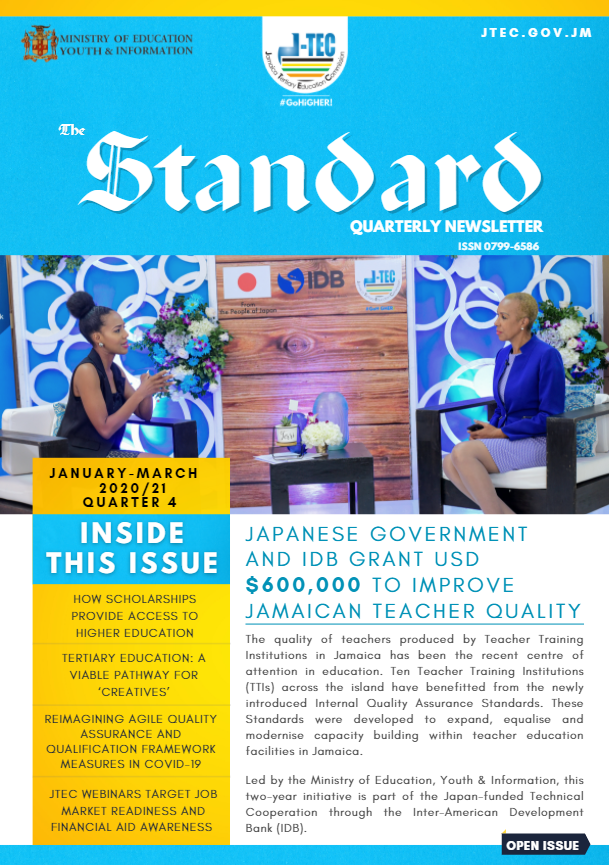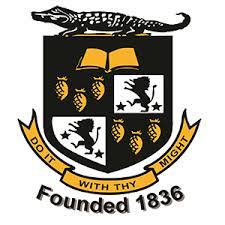Standards for Teacher Educators
 The European Commission (2013) defines the teacher educators as “all those who actively facilitate the formal learning of student teachers and teachers” (p.8). The importance of teachers to the development of a nations brings to the fore, the essentiality of ensure that those that train them are of high quality. The establishment of standards is a critical step in the process of ensuring quality. In many jurisdictions, professional standards have been established to guide the work of teacher educators and to ensure that changes made in the profession match those occurring in everyday life.
The European Commission (2013) defines the teacher educators as “all those who actively facilitate the formal learning of student teachers and teachers” (p.8). The importance of teachers to the development of a nations brings to the fore, the essentiality of ensure that those that train them are of high quality. The establishment of standards is a critical step in the process of ensuring quality. In many jurisdictions, professional standards have been established to guide the work of teacher educators and to ensure that changes made in the profession match those occurring in everyday life.
The drive to reform and reposition teacher education in Jamaica has resulted in a critical look being taken at where teacher education and the teacher educator should be, in light of the Jamaican Education Imperatives. The implementation of the National Standards Curriculum, the drive to improve student performance in numeracy and literacy and overall thrust to enhance academic achievement at the primary and secondary levels , are a few of the national imperatives that necessitate a deliberate approach to recruitment, preparation and development of teacher educators. Also important is a clear articulation of the roles of the teacher educator, as there is the need to distinguish their functions from those of classroom teachers and other education professionals.
In June 2015 the Jamaica Tertiary Education Commission (J-TEC) began a process of repositioning teacher education by designing, through a consultative process, a strategic plan for the reform of teacher education for the 21st century. Teacher educators represent a major component of the thrust towards the improvement of teacher education and, as such, it was noted that, as part of the reform process, standards must be established to achieve and maintain a high level of quality in recruitment, preparation, appraisal and development of teacher educators. In light of this, the Commission has commenced a process which includes the following:
– Establishing a committee to include a wide range of stakeholders to conduct an in-depth review of various existing Professional Standards for Teacher Educators
– Outline draft professional standards for teacher educators in Jamaica
– Facilitating a series of island wide stakeholder consultations to inform the establishment of standards
– Refine draft document based on feedback from stakeholders
– Facilitating teacher educator workshop sessions focused on linking reflection on the standards with practice
Critical to the process of establishing professional standards for teacher educators is a review of existing standards such as the CARICOM Standards of Practice for the Teaching Profession, the Jamaica Teaching Council Standards for Teaching and the University Council of Jamaica Standards for the Bachelor of Education Programme. These documents will serve to inform the standards being established to ensure alignment and relevance.

One example of established teacher educator standards is that of the ATE, a professional organization, based in the United States of America. These standards were established through research and a series of consultations among stakeholder groups, including teacher educators and professional organizations. The ATE standards address the following areas:
- Teaching
- Cultural Competence
- Scholarship
- Professional Development
- Program Development and Evaluation
- Collaboration
- Public Advocacy
- Teacher Education Profession
- Vision
We invite you to share your thoughts on the issue of professional standards for teacher educators.
- Why do we need professional standards for teacher educators in Jamaica? In what ways can these standards be beneficial?
- What are some of the specific issues related to teacher education which may be addressed by these standards?




